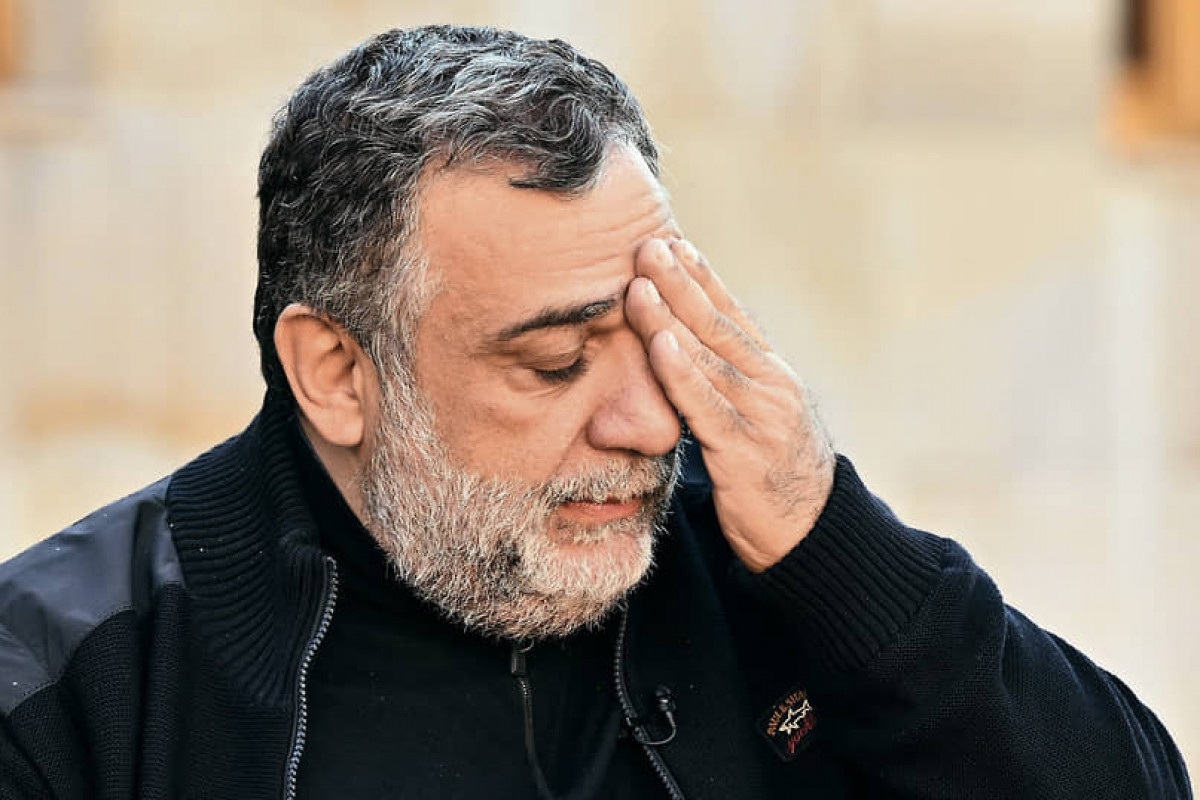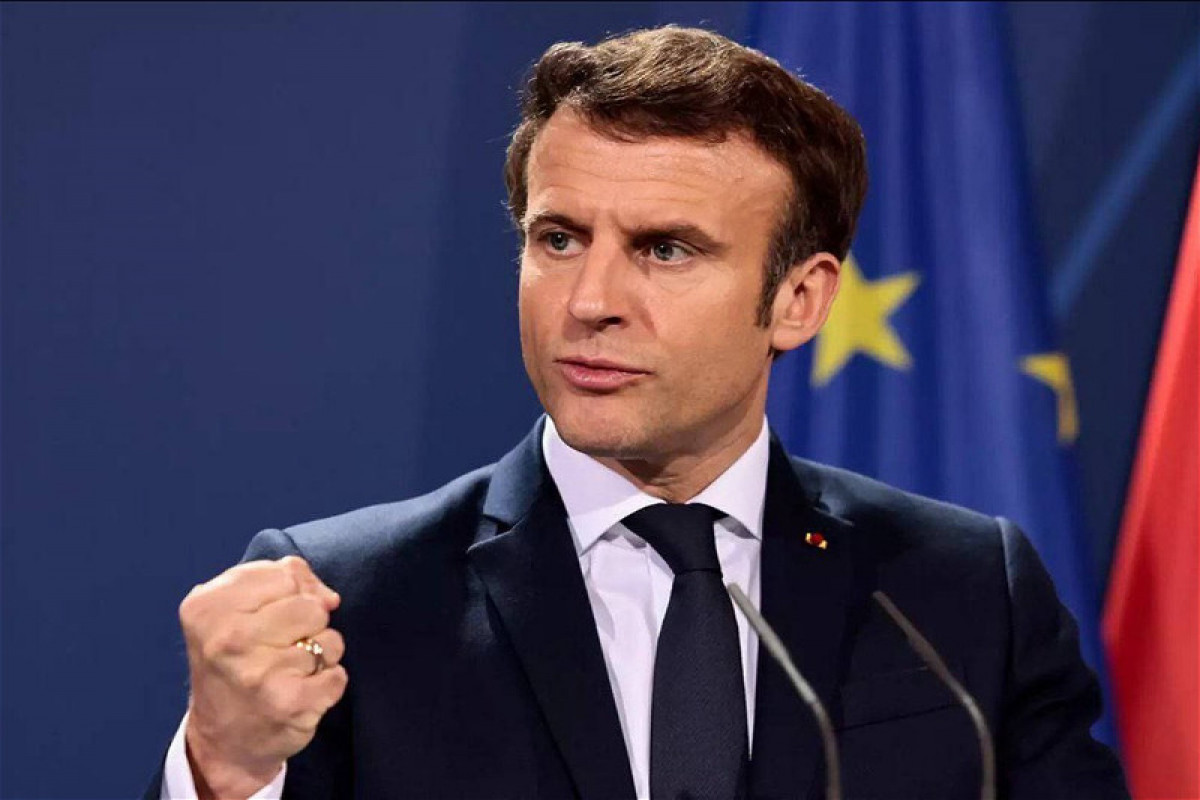Protests in the Islamic Republic of Iran continue. The arrow has emerged from the bow, with the goal of not only destroying the theocratic regime but also establishing independent states in Iran. Iran, which has been surrounded by embargoes and sanctions for many years, cannot sustain the current regime and carry it forward in terms of socioeconomic, political-diplomatic, and national relations.

After the murder of a young girl named Mahsa Amini by the "morality police" in September of this year, the mullah's dictatorship has been unable to stop the protests and mass uprisings that have swept throughout Iran despite its harsh repression. In all Iranian cities, protests raise the subject of the collapse of a "people's prison." At a time when the world is contemplating Mars colonisation projects, no matter how hard Iran, a closed country, tries to hide the truth, according to published and obtained information, all the pillars of the "ideological quartet" that supports the Tehran dictatorship have withered and collapsed.
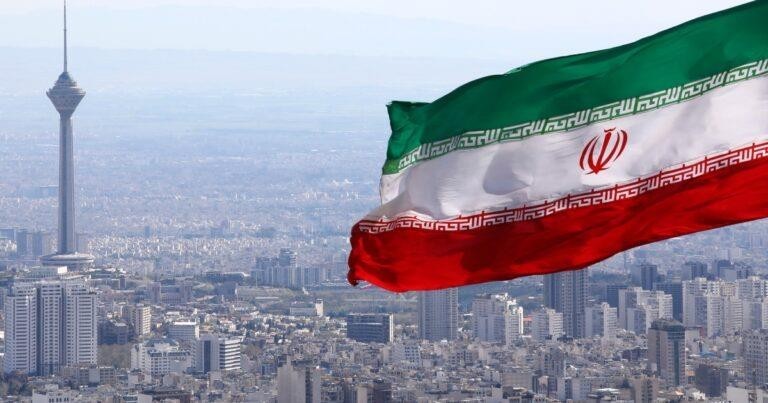
First, "Iranism" as an ideology cannot save the empire from a terrible condition.
Second, the Persian chauvinists' racist agenda towards the various indigenous peoples of the region is already bearing fruit and dealing major blows to the regime.
Thirdly, the political institution of Shiism, which was concealed by the "ideology of Iranism" and Persian nationalism, alienated Iran not only from the rest of the world but also from the Muslim world.
Fourth, Iran has failed to establish itself as an "alternative development model." Because of the severe limitations imposed by the mullah regime's patriarchal management system, all peoples, including Persians living in Iran, have lagged behind in development for centuries, in complete contrast to the dynamics of humanity. In a world where artificial intelligence is advancing, the Islamic Republic literally vanishes between the dots of the old Arabic alphabet.
As the pillars of the official and unofficial ideologies of the Islamic Republic of Iran crumble, the tricolor flag of the Republic of Azerbaijan is becoming a symbol of the liberation movement in the hearts and minds of our citizens in the South, a formula for the liberation of a large society, and is rising to prominence as a national ideology. In 2023, we will witness the culmination of the national liberation revolution of our southern countrymen and the entry of the independent state of South Azerbaijan on the international political map.
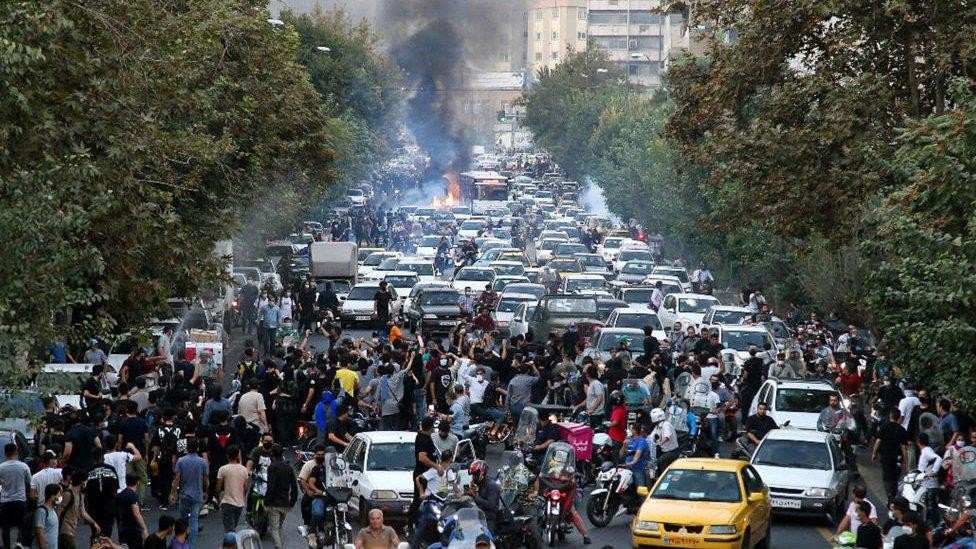
Observations indicate that all sectors of Iranian society, including the leadership of the Armed Forces, are at odds with the Tehran administration. These contradictions are already appearing as public demonstrations and rioting, and their intensification is imminent.
The elements that drove the rise of uprisings and upheavals, the era of ascent, and carnage in Iran over the past two decades indicate that Tehran is today experiencing more ethnopolitical movements.
It will become unavoidable to read "Fatihah (Quran Surah recited for the dead person)" to Tehran's despotism, bringing hidden and local conflicts to o the forefront. Therefore, all Azerbaijanis around the world, including ourselves, must closely monitor Iran and the events surrounding Iran, and we must reflect on our history and collective memory prior to the foundation of the Azerbaijan Safavid State. We must assess the historical movements of the people of South Azerbaijan, study the reasons for their failure, and draw appropriate conclusions.
Lessons:
1. Often, and accurately, Tabriz is referred to as the "cradle of revolutions," and this is the correct designation. South Azerbaijan is a dynamic and energetic region, and the Settar Khan movement holds a unique place in the region's history of revolutions. As you are aware, Settar Khan was the head of the Constitutional Movement and pushed for modernization in the Turkic Qajar (Kaçar) dynasty by establishing a parliament and constitution. However, the desire to democratize all of Iran ultimately resulted in the erosion of the Qajar (Kaçars) and the transfer of the monarchy from the Turks to the Persians.
2. Another historical experiment worth studying is the "Republic of Azadistan," which was founded by Sheikh Mohammed Khiyabani with the slogan "Democracy for Iran, Autonomy for Azerbaijan" and lasted for half a year. Sheikh Mohammed Khiyabani, who envisioned Southern Azerbaijan as a part of Iran, made a huge historical mistake by failing to integrate with the newly established Azerbaijan Democratic Republic in the north. By neglecting to capture the unique opportunity and rejecting proposals to unite Azerbaijan, which was divided by the Gulistan and Turkmenchay agreements, he decided to call the independent state "Azadistan." The terrible fate of Sh.M. Khiyabani and the brief existence of "Azadistan" illustrates the history of bad and risky choices such as "Azerbaijan is an integral part of Iran."
3. History has shown that Reza Shah, the founder of the Neo-Pahlavis, did not act as the monarchy's founder at first, but instead established the monarchy regime later. In the current situation, if Tabriz spends its power on the liberal movement throughout Iran, there is no doubt that those so-called liberal democrats who will come to power in "democratic Iran" will be more ruthless than their current predecessors in crushing Turkish identity.
4. Another illuminating truth is that Sayyid Jafar Peshavari founded the Azerbaijan National Government in Tabriz in 1945 by taking advantage of the Second World War's opportunities and getting Soviet support. It was aimed against the existing nationalistic and militaristic Pahlavi administration and intended to eliminate the Azerbaijani Turks' Iranian colonization. In the geopolitical conflict, the USSR lost Southern Azerbaijan to the United States and Britain. Since the Peshawari administration was unable to globalize the "South Azerbaijan issue," or rather was not permitted to do so, world powers viewed the matter as "Iran's domestic issue" and made Tabriz reliant on Tehran.
5. The 1979 "Islamic revolution" led by Ruhollah Khomeini at the expense of the efforts of our South Azerbaijani countrymen has evolved into a hardline Shiite model. And in a century, the fourth war of independence was fought with the active assistance of international armies, and Iranian chauvinism in the garb of mullahs was able to limit the national rights of our countrymen in inconceivable ways.
Iran cannot be returned to the era of the Qajars, Pahlavis, or Ayatollahs under the current historical circumstances. In other words, the fragmentation and collapse of the Islamic Republic of Iran is a historical necessity. The protection of the mullah-Persian system, which is anticipated to be divided into independent nations, is as unachievable as the unification of heaven and earth. The likelihood of the emergence of an independent Azerbaijani state in Iran, which is bound to disintegrate, is quite strong, and the necessary conditions are present: The struggle for independence is based on genetic codes and has a traditional character, the transformation of national thought and national identity into a social and political movement, the tough and uncompromising attitude of the nations towards the regime, the international situation and the existence of a particularly powerful state in North Azerbaijan, etc.
Lastly, based on the theory of John Bradley, professor of economics at the London School of Economics and author of the renowned work "Nationalism and the State," Azerbaijan is a unique national, geographical territory, and superior ethnic society in contemporary Iran. And national interests of South Azerbaijan take precedence above all others.

Based on these initial conditions, what must be done for our Southern brethren to achieve independence?
First, historical precedent requires that the independence of Southern Azerbaijan must become an international issue and that the national battle for independence must be waged simultaneously in Iran and abroad. About 40 million South Azerbaijanis, who are divided between two provinces within Iran and whose natural limits are constricted, are striving for national independence, not local cultural rights, autonomy, federation, or confederation. In this regard, the permanent representative of Azerbaijan to the United Nations should introduce and ensure discussion on the acknowledgment of the fundamental and national rights of Southern Azerbaijanis;
Second, the unceasing protests and marches of our Turkish compatriots living in other parts of the world in the major cities of many states in support of the independence war of Southern Azerbaijan.
Third, the ongoing promotion of the protection of the fundamental and national rights of our South Azerbaijanis across all platforms, especially in electronic and print media and social networks;
Fourth, we should not approach the South Azerbaijan National Independence Struggle based on the outcomes of the North Azerbaijan Independence Struggle. Our compatriots' establishment of an independent state within the Iranian empire differs significantly from North Azerbaijan's
experience after breaking away from the USSR. Because the Azerbaijan SSR existed as a structured entity, albeit formally, during the "Red Empire." Even after gaining independence, Azerbaijan used for the transitional period the articles of the Soviet Socialist Republic's constitution that were not anti-independence. The situation in Iran is different, and an independent state has no pillars, no experience to form and shape the administrative system, but there are strong human resources with high intelligence scattered not only throughout the Iranian territory, but also around the world, and the majority of them are independence enthusiasts. Our southern neighbors have extensive experience and serve as a model for a secular, democratic, strong, and independent state. This is the powerful Republic of Azerbaijan in the world-famous South Caucasus. Our Southern compatriots have excellent experience and a model of a secular, democratic, strong, independent state- This is the mighty Azerbaijan Republic in the renowned South Caucasus.

Another important factor that can turn our luck into reality is the world-famous politician and statesman Ilham Aliyev. Outstanding leadership qualities, political experience, determination, diplomatic skills, and a strong reputation in the Turkish and international communities all ensure the successful transformation of our tragic past into success. It's not just about success; it's about achieving success with as little loss and damage as possible. The high patriotism, diplomatic skill, rationality, pragmatism, and other outstanding qualities of Ilham Aliyev, President of all Azerbaijanis around the world, create unique opportunities to safeguard the complex and difficult process of attaining our compatriots' fundamental rights and realizing the dream of establishing an independent state in South Azerbaijan.
Fezail Agamali,
Member of Parliament of Azerbaijan


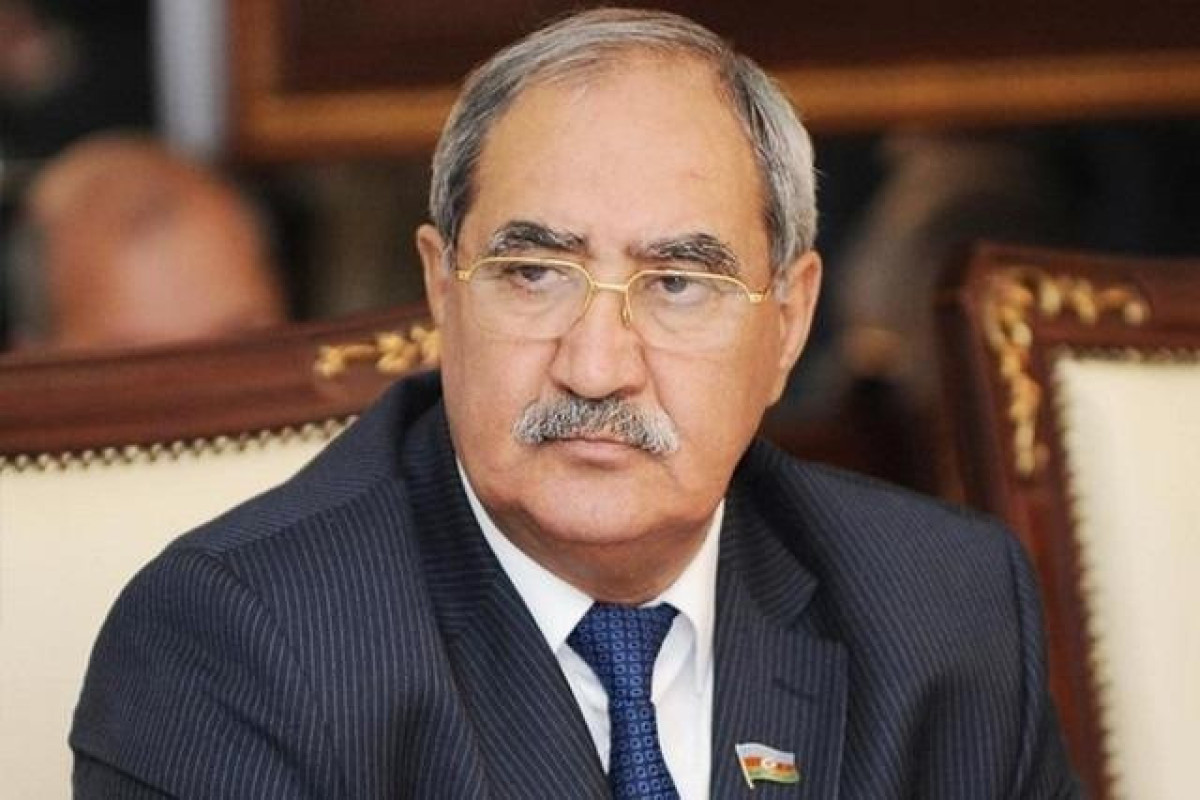
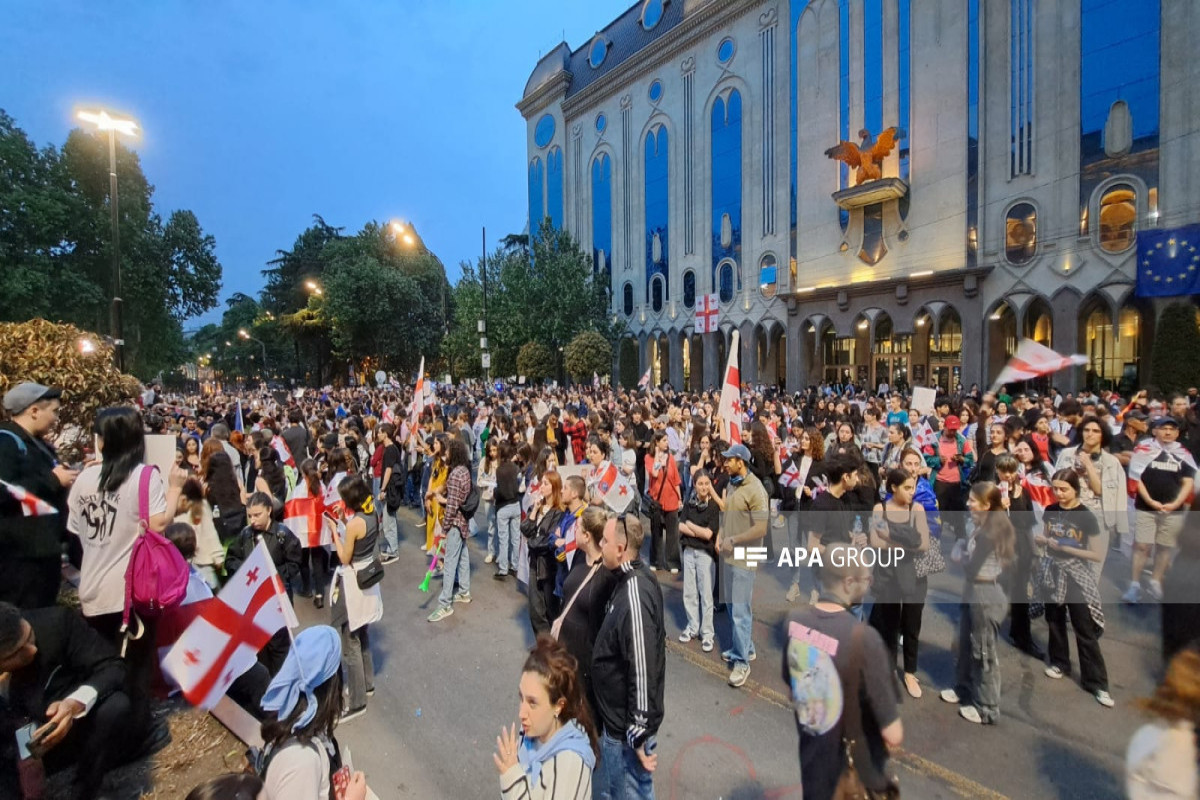 ANALYTICS'>
ANALYTICS'>

